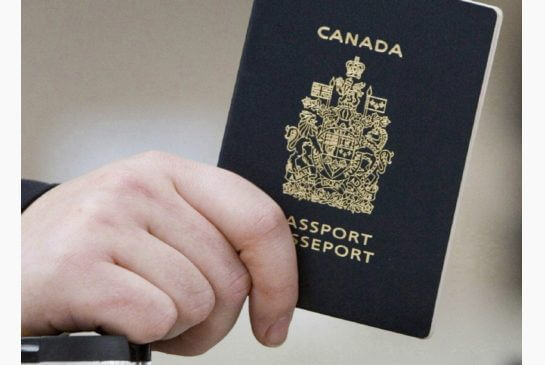It’s time Canada expanded the definition of parent in the Citizenship Act to include those who use assisted fertility.
Not all children are that lucky.
The Canadian government is playing fast and loose with the definition of “Canadian.” In March 2014, the Federal Court of Appeal decided Nanakmeet Kandola, a young girl born abroad to a Canadian parent, was not a citizen because there was no genetic link between them. Nanakmeet’s mother carried and gave birth to her but she was the product of anonymously donated sperm and ova. Think of it as adoption in utero.
Yet, a child adopted by Canadian parents who fills out the same application for a Citizenship Certificate as Nanakmeet’s father did will be approved. No genetic link required.
Perversely, ex-Nazi war criminal Helmut Oberlander maintains his right to Canadian citizenship until yet another government review is completed. And shocking to some, children born to Canadian Daesh brides are considered citizens.
Where has Canada gone wrong?
The Citizenship Act dictates who is Canadian. There are three main roads to “become” Canadian — be born in Canada, immigrate and then apply when you meet all the requirements, or inherit citizenship through your parent or grandparent if born abroad. So why was Nanakmeet’s request for citizenship refused when others using the same route were approved?
The law is behind the times.
Sex and adoption were once the only ways a person was able to become a parent but times have changed. These options are now mere fence posts in the world of conception. As early as 1983, the first “test tube” birth occurred in Canada. In 2004, the Assisted Human Reproduction Act officially sanctioned fertility relationships with surrogates, where a woman carries a child for someone else, and ova and sperm donations. Today, assisted human reproduction is a full-fledged, albeit small, industry in Canada with fertility doctors, counsellors, clinics, lawyers and even agents.
Is it hypocritical for Canada to condone the birth of children through assisted fertility procedures but then deny some children citizenship because they were born through these same procedures?
The court decided Nanakmeet’s case two years ago. The majority of the court wrote, “Several important policy issues also arise because of the novelty which this case presents … These questions are worthy of further consideration and risk being answered by the Courts unless Parliament exercises its prerogative to deal with them by way of legislation.”
What changes do we need?
Canada must expand the definition of parent in the Citizenship Act to include those who use assisted fertility to become parents. Grant these children citizenship the same way naturally born and adopted children receive it. As long as a parent is legally recognized as the parent of their child, that child deserves citizenship.
As the Federal Court of Appeal warned, the government risks a host of policy issues if changes aren’t made to the law. Such issues include confusion if judges reach different conclusions with each case they decide. If genetics is the test, ova and sperm donors could pass their citizenship to children even if they aren’t parents to them. Surrogates could claim genetic links and the right to pass on citizenship to children they birth when the surrogate never parents the child. Being Canadian must mean more than having the right genetic link.
The new Liberal government and the Minister of Citizenship and Immigration, John McCallum, have shown they are sympathetic to the realities of the times by admitting Syrian refugees, shortening processing times for certain immigration applications, and proposing changes to the Citizenship Act to make it easier to become a citizen.
 Canadians take their citizenship for granted. At a time when the body of a 3-year-old Syrian boy washes up on a far-away shore and Canada has accepted a record number of refugees in months, we rarely take more than a moment to consider how lucky we are to have been born or to have immigrated here.
Canadians take their citizenship for granted. At a time when the body of a 3-year-old Syrian boy washes up on a far-away shore and Canada has accepted a record number of refugees in months, we rarely take more than a moment to consider how lucky we are to have been born or to have immigrated here.



